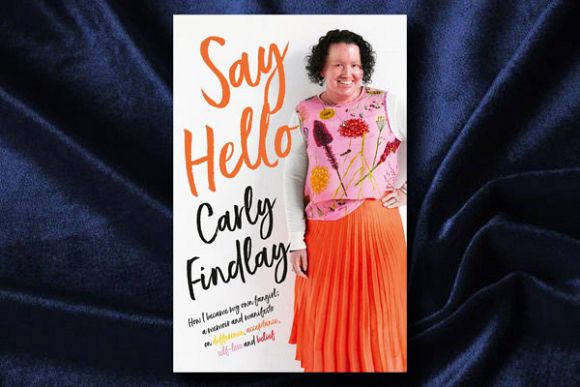Simon Sebag Montefiore's tome understandably sacrifices depth for breadth, writes Elizabeth Spiegel.
THIS BOOK IS a monster: its 1,262 dense pages (plus index) weigh 1.5kg. The 'select bibliography', available from the author’s website, is a 140-page pdf; a pity that supplementary material could not also have included family trees and more maps than the two included on the endpapers.
Its content ranges across four millennia and every inhabited continent. This is not a book for the casual browser: if you don’t pay attention, it’s easy to lose track of who is related to whom, particularly when one individual may be referred to by multiple names or titles. Switches in focus can induce whiplash: at one point the text refers to an attack on Constantinople; a footnote informs the reader that on the other side of the world, Teotihuacan burned in a popular uprising.
Perhaps because the focus of this book is families; many women appear, not only in their relationships with men as concubines, mothers and wives, but also as writers, rulers, fighters and businesswomen.
The first author whose name we know, Enheduanna, was a priestess and princess of the Akkadian empire two thousand years before Christ. In 1782, the widow Helene Amalie Krupp brought out of bankruptcy the company which would go on to arm Germany. The mother of Shaka Zulu, Mnkabayi, plotted against him. Simon Bolívar’s lover, Manuela Sáenz, fought beside him to drive the Spanish from Peru.
Unsurprisingly in a book of this size, there are errors, some of which are apparent from context: Galvano Fiamma referred to the east coast of North America in his Cronica Universalis in 1339, not 1139, while Lord Shrewsbury’s parliamentary attack on Buckingham was in 1674, not 1774. The wreck of the Batavia is described as taking place on 'one of the VOC’s first voyages to Australia'.
I had to wonder at the statement that Zulu King Shaka was 'buried sitting up with a slice of buttock in his mouth to suppress the anger of his spirit'. Should this have been a “slice of bullock”? I’ll never know.
Even the most casual student of history will be unsurprised to find that human nature hasn’t changed: Girolamo Savonarola demonstrated 'how a small but determined clique of self-righteous, self-selected extremists can dominate a society, rewarding their supporters with spoils and destroying those deemed unvirtuous – a template for authoritarian ideologies ever since. They can always be foiled by the will of the majority, but they flourish when others fail to organise or lose their courage'.
Richard Cromwell was an example of the only:
'Thing more contemptible than a competent dictatorship… an incompetent one.'
Teddy Roosevelt 'rightly believed that it was the state’s duty to limit the plutocracy'.
There are surprising connections and parallels between families. Vladimir Putin’s mother endured the siege of Leningrad, while Volodymyr Zelensky’s grandfather survived the war (the only one of four brothers to do so) as a colonel in the Soviet army.
From the 1960s, there are references to the author’s own conversations with notable people, including Prince Philip and Margaret Thatcher 'the ablest [British PM] since Churchill'.
In his conclusion, Montefiore notes:
'Family power is also resurgent for it too is characteristic of our species. Dynastic reversion seems both natural and pragmatic when weak states are not trusted to deliver justice or protection and loyalties remain to kin not to institutions. Leaders who can trust no one usually trust family.'
This book is the result of 30 years of reading; it is unsurprising that it sacrifices depth for breadth. Start with this book, then dive more deeply into the select bibliography: you will find decades of work ahead.
Elizabeth Spiegel is a freelance editor and retired public servant.
'The World: A Family History of Humanity' by Simon Sebag Montefiore is available from Booktopia for $79.99 RRP (Hardback).
This book was reviewed by an IA Book Club member. If you would like to receive free high-quality books and have your review published on IA, subscribe to Independent Australia for your complimentary IA Book Club membership.












